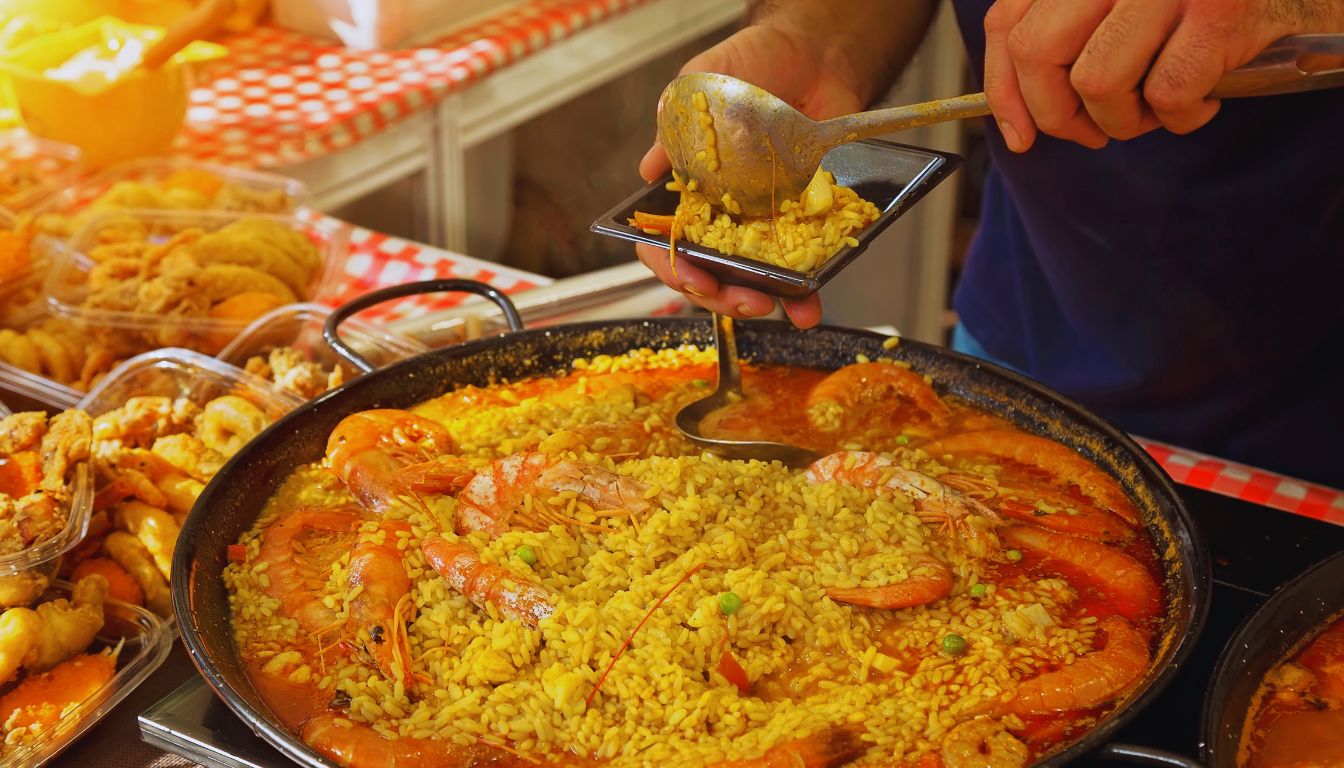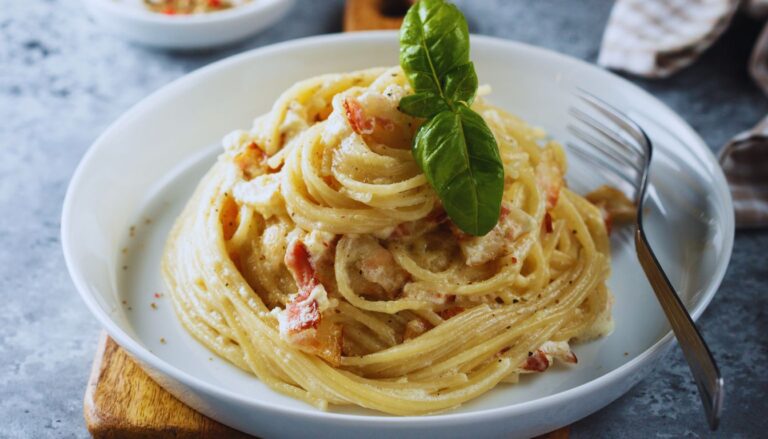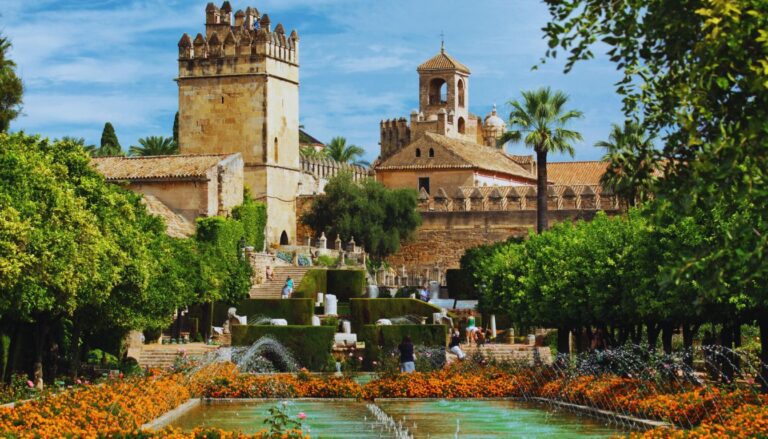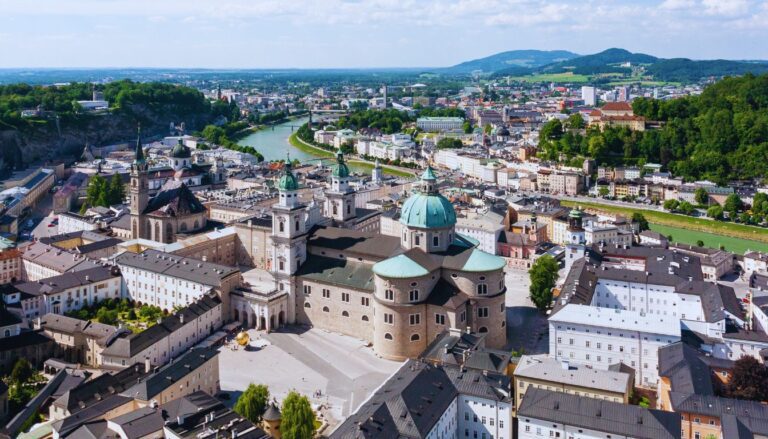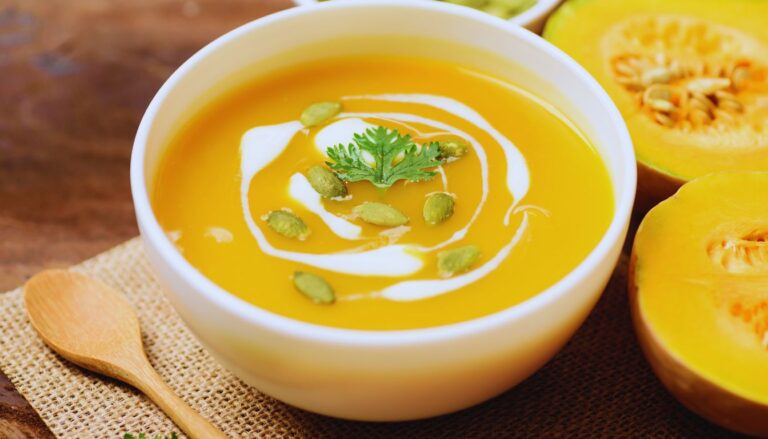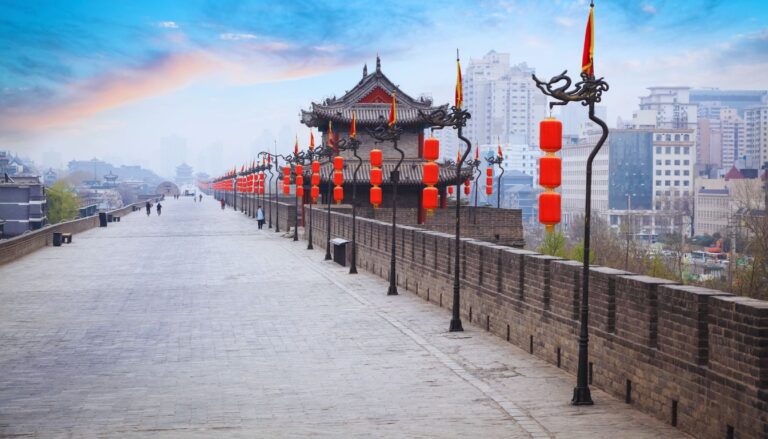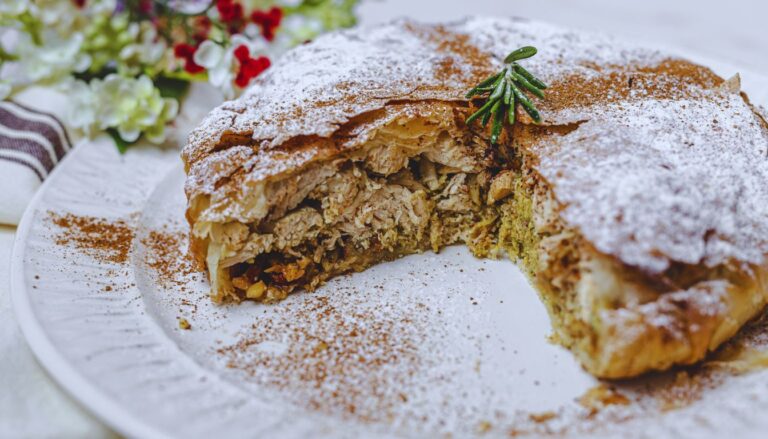Fideuà, Barcelona Spain
Along Barcelona’s sun-drenched Mediterranean coastline, a dish that rivals the famous paella has been captivating food lovers for generations. Fideuà, with its golden strands of pasta dancing among fresh seafood, tells the story of Catalan coastal culture and maritime heritage. This masterpiece of Mediterranean cuisine transforms humble fishing boat fare into an artistic expression of Barcelona’s culinary excellence, offering visitors a taste of authentic Catalonian coastal living.
Table of Contents
Origins and History
The story of Fideuà begins in the early 1920s along the shores of Gandia, Valencia, before making its way to Barcelona’s vibrant culinary scene. Legend traces its creation to the ingenuity of ship’s cook Joan Batiste Pascual, who transformed a simple meal into what would become a cornerstone of Catalan cuisine.
Original Development:
- Created by resourceful ship’s cook
- Born from the scarcity of rice on fishing vessels
- Evolved through generations of coastal families
Cultural Significance
Maritime Heritage Importance:
- Symbol of Mediterranean fishing traditions
- Representation of coastal community life
- Celebration of local seafood bounty
Social Impact:
- Centerpiece of family gatherings
- Highlight of local festivals
- Source of regional culinary pride
Ingredients and Preparation
Essential Components:
- Short, thin vermicelli-style noodles
- Fresh Mediterranean seafood
- Rich fish stock
- Sofrito base
- Saffron and garlic aioli
Preparation Process:
- Create the sofrito base:
- Slow-cook finely diced onions
- Add minced garlic and tomatoes
- Incorporate sweet paprika
- Prepare the noodles:
- Toast until golden brown
- Layer with fresh seafood
- Add hot stock gradually
- Final steps:
- Develop socarrat (crispy bottom)
- Rest before serving
- Garnish with fresh herbs
Where to Try It
Notable Establishments:
Restaurant Can Ros:
- Located in Barceloneta
- Known for traditional preparation
- Specializes in seafood-rich version
Restaurant 7 Portes:
- Situated in Gothic Quarter
- Historic setting since 1836
- Masters of classical recipe
La Mar Salada:
- Found in Port Vell
- Modern interpretation
- Premium seafood selection
Neighborhood Recommendations:
Barceloneta District:
- Traditional fishing quarter
- Authentic family-run establishments
- Seaside dining experience
- Best for: Traditional versions
Port Vell Area:
- Harbor-front locations
- Contemporary restaurants
- Scenic dining views
- Best for: Modern interpretations
Gothic Quarter:
- Historic establishments
- Traditional ambiance
- Cultural experience
- Best for: Classic recipes
Eating Etiquette and Customs
Serving Traditions:
- Always served in traditional shallow pan
- Meant for sharing among diners
- Eaten directly from cooking vessel
Dining Protocol:
- Main meal served between 2:00-4:00 PM
- Aioli accompaniment served separately
- Proper sharing etiquette observed
Seasonal Considerations
Best Times to Visit:
- Spring offers ideal outdoor dining
- Summer provides peak seafood quality
- Fall brings pleasant weather and fewer crowds
Special Events:
- Maritime festivals
- Local food celebrations
- Holiday specialties
Modern Interpretations
Contemporary Adaptations:
- Vegetable-forward versions
- Sustainable seafood focus
- Creative plating techniques
Innovation Elements:
- Artisanal pasta varieties
- Modern cooking techniques
- Fusion influences
Practical Information and Travel Tips
Timing Guidelines:
- Lunch service: 1:30 PM – 4:00 PM
- Dinner service: 8:30 PM – 11:00 PM
- Weekend reservations essential
Navigation Tips:
- Metro access to seaside restaurants
- Scenic walking routes available
- Reliable taxi services
Price Expectations:
- Traditional venues: €20-30 per person
- Premium locations: €35-50 per person
- Tourist area variations noted
Making Your Fideuà Journey Memorable
Immerse yourself in Barcelona’s coastal culture by savoring Fideuà with a view of the Mediterranean. Choose traditional establishments in Barceloneta for authenticity, engage with local chefs about their unique recipes. Remember that the best Fideuà experiences come with patience – this dish, like Barcelona itself, is meant to be enjoyed slowly and in good company.

